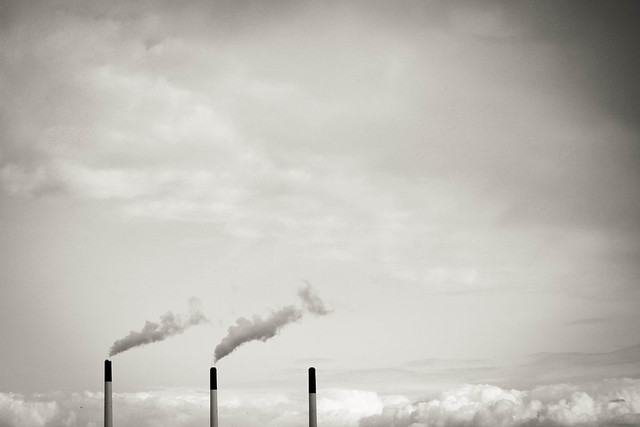Fracking: Promised Land
Following the international premiere of “Promised Land” at the packed Berlinale film festival press conference in Berlin last week, actor Matt Damon said the movie, directed by Gus van Sant which deals with fracking, is a film about American identity but at the same time a global issue.
The film’s international premiere was accompanied by news agencies announcing that Russian gas company and exporter Gazprom plans to cut gas prices for European customers in the billions in 2013. According to several experts, this maneuver could be linked, besides strong competition in the liquefied gas export sector, directly to sinking gas prices: the fracking boom in the US is believed to have already lowered international gas prices even though the US is not exporting gas (yet!) to Europe.
It’s yet another example of the so-called US shale gas revolution that’s already transforming the political global power structure. And it looks like fracking will likely increase globally for geostrategic, power and profit reasons in the next years.
“Promised Land” takes place exactly against this backdrop. It takes an in-depth look at how the industry operates and shows the possible consequences by using an intelligent and precise analogy of a psychological war happening in the US in areas with huge underground gas reservoirs. It focuses on how a nine-billion-dollar corporation tries to get its hand on much-needed land, how they operate psychologically and what alternatives citizens are left with. The film shows how the corporate salesman Steve Buttler (Matt Damon) and his colleague Sue Thomason (Francis McDormand) work hard to buy the village community with some entertaining and clever twists and turns of the plot.
The main aim of the film obviously is to raise awareness among people and to get them to think deeply about the dynamics and consequences of fracking. Matt Damon said after the premiere that if you are searching for more in-depth information about the fracking process you should research online. It would be simply impossible to lay out all the pros and cons of fracking in one feature film but it’s still packed with information.
The movie avoids black and white clichés, but it’s pretty clear that the makers of the film care about the “small people” and how big corporations are trying to manipulate them with scare tactics and playing on existential fears – circumstances which have heightened in the last decades through an unsustainable neoliberal capitalistic system. It is pretty clear that the corporation in the movie is a child of that system and that the same unregulated system produced and created in many ways the situation the village’s residents are in right now: earning less money, living in constant fear of losing their jobs, drowning in debt, not being able to give their children a decent education, not knowing if they can die with dignity.
The film addresses all these issues but it hasn’t been too successful in the US. It remains to be seen how it will fare at the international box office and what impact it will have on the ongoing fracking debate.






